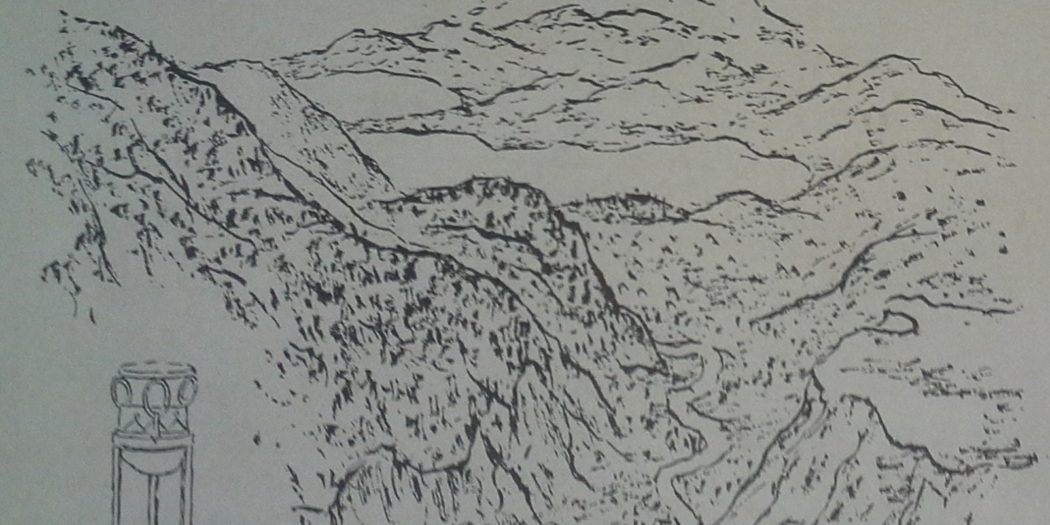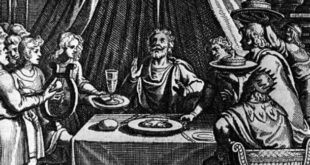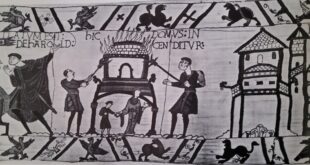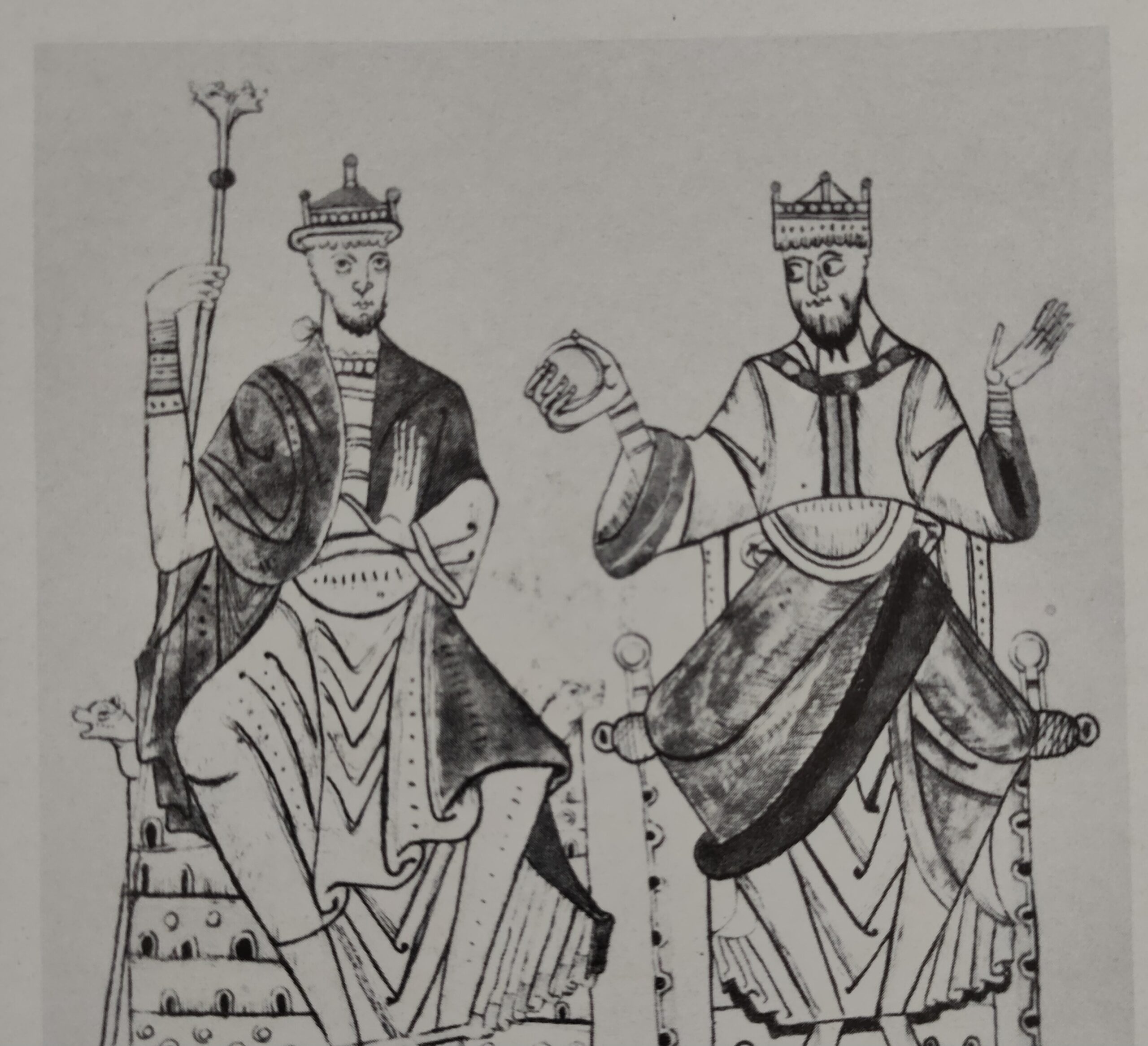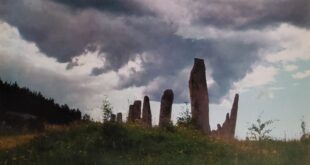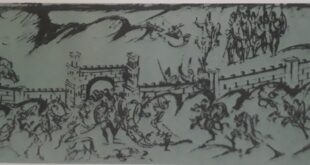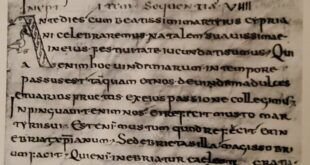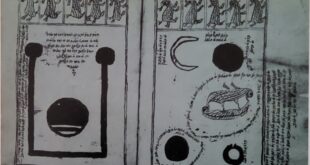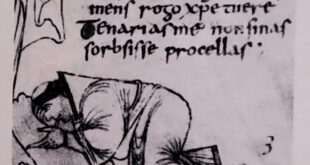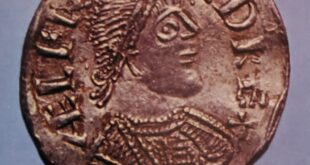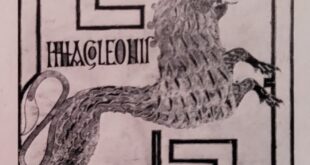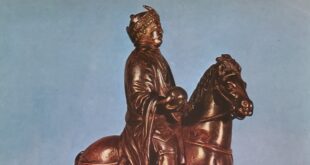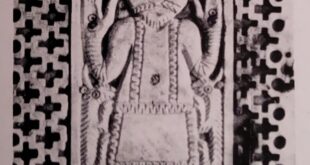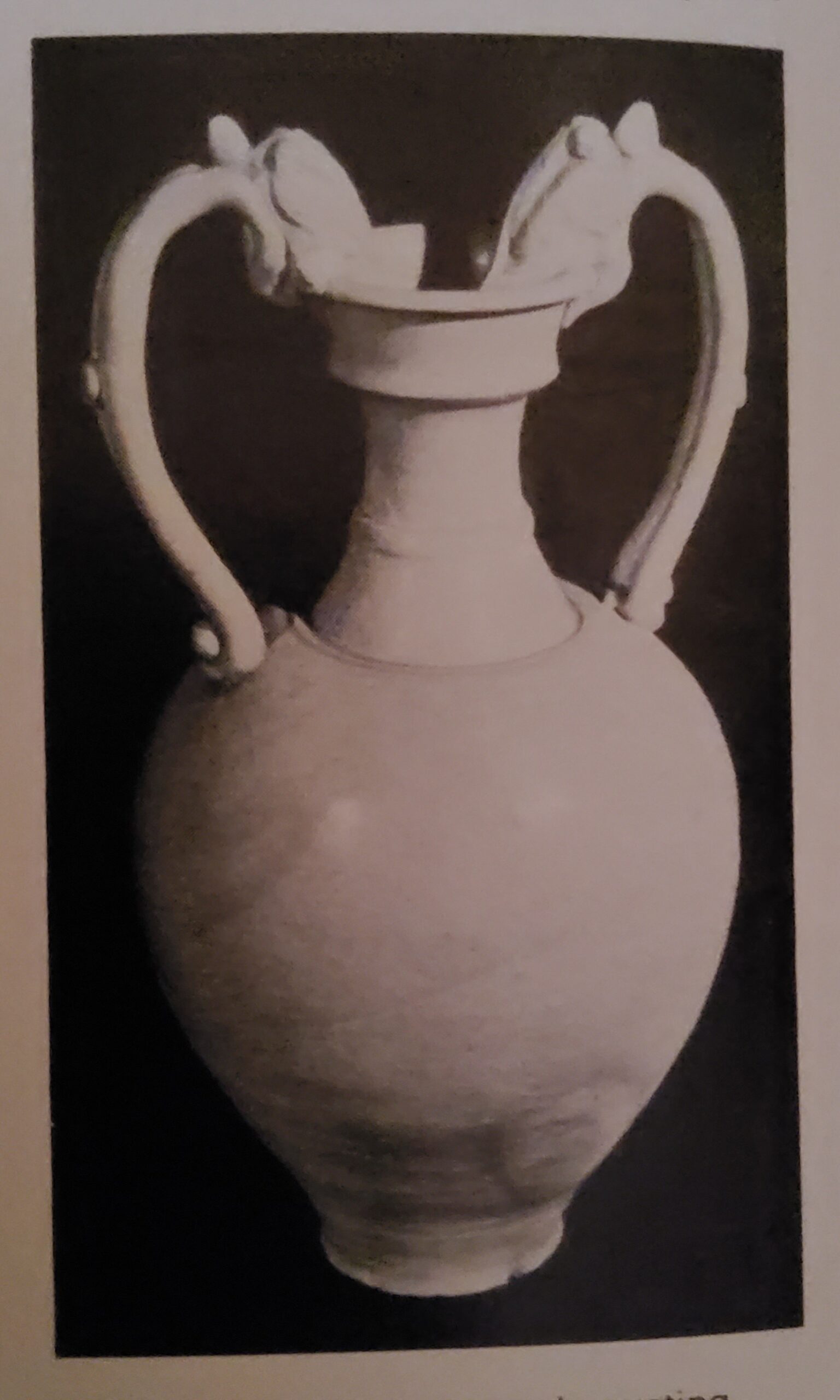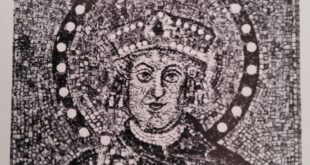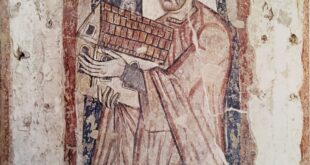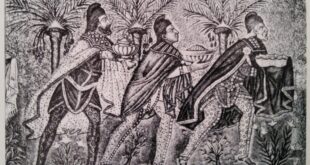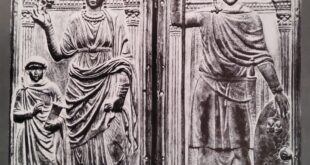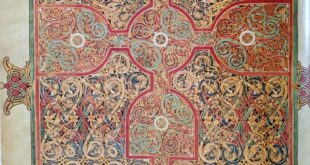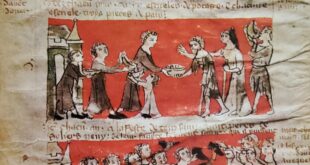The Delphic oracle, the priestess of Apollo, was supposed to have the gift of prophecy. The Delphic Oracle was consulted before a colony was founded, before war was declared and on all sorts of other questions.
When a request for advice was put to her through her priests she proceeded to put herself into a trance. She is said to have done this by chewing laurel leaves, drinking water from an underground stream and inhaling an evil-smelling gas which arose through a cleft in the rocks within her shrine (but no traces of this cleft have been found). Finally, seated on a tripod, she spoke. The priests claimed to be able to make sense of her utterances. After listening, they presented a reply, in verse, to the questioner.
The priests acquired great power, but if they had abused it grossly, Delphi would not have maintained its importance for centuries, as it did. Replies to political questions obviously had to be ambiguous, but when consulted on private affairs the oracle tended to be on the side of what we would now consider right (e.g. in favour of mercy and against fraud). It was not, however, the formal reply alone which made a visit to Delphi worth while. As at international conferences nowadays, all sorts of informal meetings and conversations must have taken place. Nowhere else could one find out so much about the scattered communities of the Greek world.
